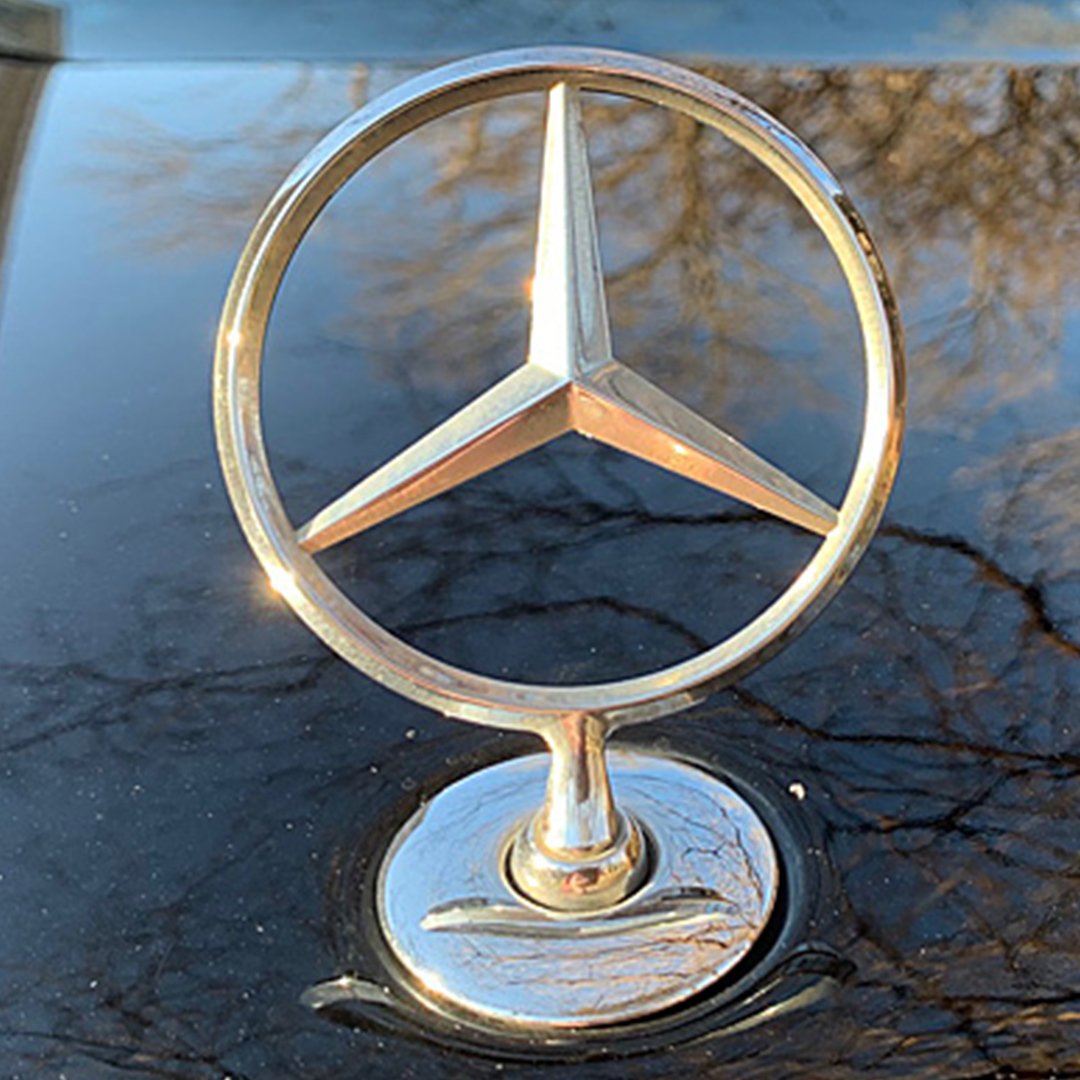
Is it any surprise that Warren Buffett, one of America’s richest icons, drives a relatively modest 2014 Cadillac sedan? Or that millionaires all over the place – perhaps even right next door to you – are driving older cars, trucks and SUVs?
I’m writing to encourage you to keep (and pay off) your existing vehicle or buy a used vehicle next time you’re in the market, one that you consider sexy (or at least a ‘keeper’ you’d be happy to drive awhile) for an affordable sales price and low monthly payment, then take good care of it and pay it off ASAP.
This will leave you with a car you like, a valuable asset and no monthly payments.
That car in my case is a sleek 2007 Mercedes E350 Sport sedan that originally sold for nearly $60K. I bought it six years ago for less than $20,000, when it was barely broken in (per the life expectancy of a Mercedes, anyway), and here it is now.

Learning Our Lessons
Now I must admit that it’s taken me a while to learn the valuable lesson I am sharing with you today. In fact, my immediate (and embarrassingly recent) impulse after paying off my trusty ‘007’ was to buy a sexier set of brand new wheels.
Even as my final payment approached, I started daydreaming about my next car. Maybe something like a convertible Mustang GT or Jeep, I thought to myself. Or maybe even a used Mercedes 550SL roadster. I was ready to have some fun! And I had earned the right to do so fairly and squarely, right?
In other words, the equity value I now possessed in my car – limited though it was – was burning a proverbial hole in my pocket.
As a result, I found myself spending hours of ‘free time’ hunting shiny new and used cars online and in-person. I even got my wife to go see a couple with me, which is like bringing a girl home to meet your family. It was getting serious!
Back to My Senses
But then three things happened on my way to taking on new debt.
- The Covid-19 Pandemic hit and started killing fellow Americans, devastating our economy and impacting my personal income.
- I started appreciating those zero monthly car payments.
- I found myself admiring Black Beauty like never before.
Yes, that’s what I call my car (not weirdly, just occasionally), like the famous horse. She (or he, I can’t decide which) is a good-sized sedan that handles like a sports car, especially with the moon roof open, windows down and nine-speaker Harman Kardon stereo system blasting as I cruise down my favorite back roads.
Are you catching my drift?
I’m feeling good today because I’m not struggling or feeling pressure to keep up with new car payments. I’m not second-guessing a questionable or unnecessary purchase or kicking myself for buying a vehicle that depreciates 10-20% as soon as I drive it home.
Now I’m guessing none of this is rocket science to you. You probably know what I’m talking about, already. This is basic personal finance and pretty common knowledge.
A Very Common Problem
Unfortunately, I know from talking with people mired in debt from every place, income level and background in America that it’s not easy to resist the lure of that shiny new object and that new car smell, no matter how it might affect you financially.
As a result, I see huge new car payments blowing people’s monthly budgets completely out of whack, on a regular basis. So, I thought I’d try to put a ‘bug in your ear’ or a spark of inspiration in your soul, to think about things differently going forward.
And if you’re already struggling with the high cost of a new vehicle, you might want to explore trading it in for an older one that gives you more room to breathe, financially.
There’s a lot more we can say about buying versus leasing cars, considering maintenance costs and warranty coverages, but that can all wait for another day.
Right now I’m too busy feeling smart and sexy in my 14-year old sports sedan and I want you to join me in your own ‘keeper’ car, truck or SUV, as soon as you can.
—————————-
John Nicholas is the author of Debt-Free ASAP! How to Know Your Options, Create a Plan & Start Changing Your Life Within 48 Hours. He’s the founder of Debt-FreeASAP.com, a website featuring free and affordable resources to help anyone struggling with debt.